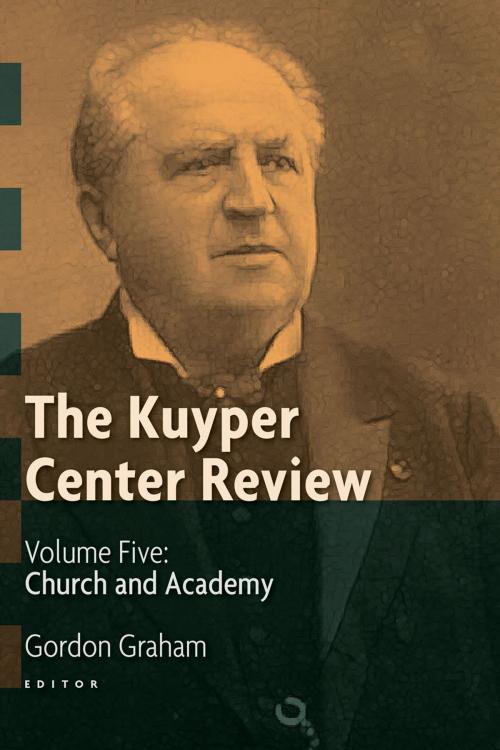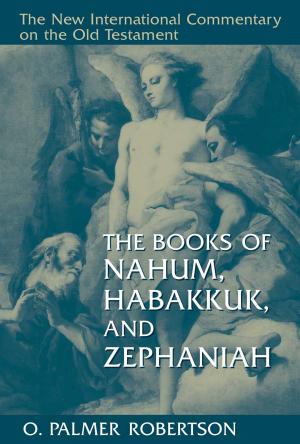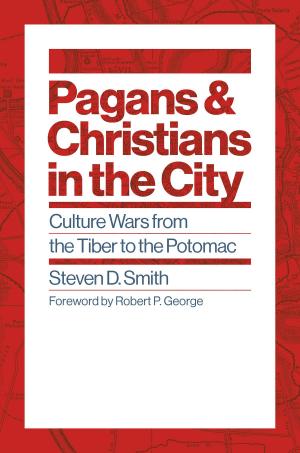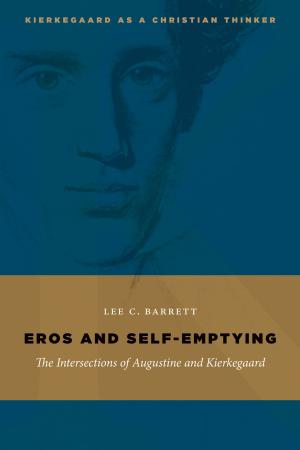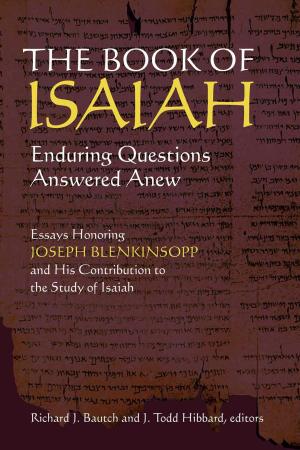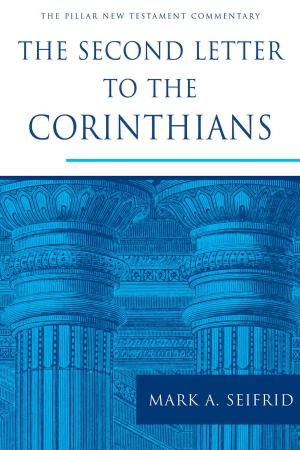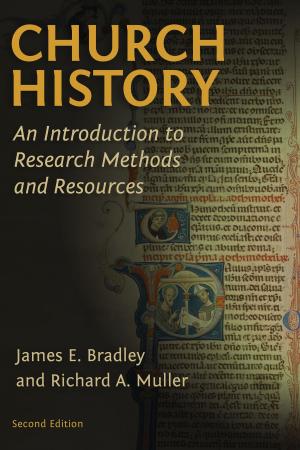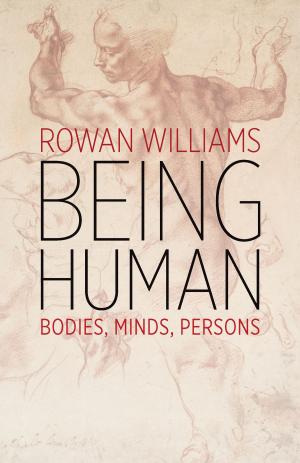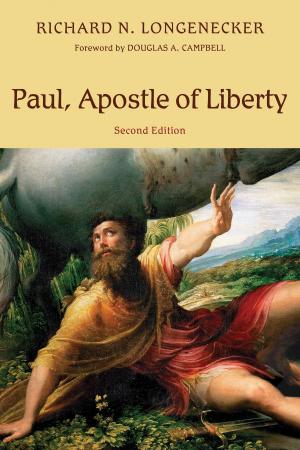The Kuyper Center Review, volume 5
Church and Academy
Nonfiction, Religion & Spirituality, Christianity| Author: | ISBN: | 9781467442992 | |
| Publisher: | Wm. B. Eerdmans Publishing Co. | Publication: | March 19, 2015 |
| Imprint: | Eerdmans | Language: | English |
| Author: | |
| ISBN: | 9781467442992 |
| Publisher: | Wm. B. Eerdmans Publishing Co. |
| Publication: | March 19, 2015 |
| Imprint: | Eerdmans |
| Language: | English |
Abraham Kuyper (1837–1920) -- pastor, theologian, journalist, politician -- is highly regarded as exemplifying how a Christian worldview can be confidently expressed in both theory and practice. Honoring the spirit of Kuyper’s legacy, The Kuyper Center Review annually publishes substantial essays that relate the tradition of Reformed theology to issues of public life.
Few themes are more directly related to Kuyper’s thought than that of church and academy. The essays in this volume examine Kuyper’s vision for a distinctively Christian university and consider what it means today, especially in light of how secularized the Netherlands has become since Kuyper’s time. The contributors explore Kuyper’s understanding of church and academy by placing it in a broader intellectual and theological context and drawing comparisons with other notable theological thinkers. Taken together, these essays show that much can still be learned from Kuyper and his contemporaries.
- Contributors
- H. Russel Botman
- Michael Brautigam
- Gijsbert van den Brink
- Ad de Bruijne
- Javier A. Garcia
- Gordon Graham
- Marinus de Jong
- Dylan Pahman
- Harry Van Dyke
Abraham Kuyper (1837–1920) -- pastor, theologian, journalist, politician -- is highly regarded as exemplifying how a Christian worldview can be confidently expressed in both theory and practice. Honoring the spirit of Kuyper’s legacy, The Kuyper Center Review annually publishes substantial essays that relate the tradition of Reformed theology to issues of public life.
Few themes are more directly related to Kuyper’s thought than that of church and academy. The essays in this volume examine Kuyper’s vision for a distinctively Christian university and consider what it means today, especially in light of how secularized the Netherlands has become since Kuyper’s time. The contributors explore Kuyper’s understanding of church and academy by placing it in a broader intellectual and theological context and drawing comparisons with other notable theological thinkers. Taken together, these essays show that much can still be learned from Kuyper and his contemporaries.
- Contributors
- H. Russel Botman
- Michael Brautigam
- Gijsbert van den Brink
- Ad de Bruijne
- Javier A. Garcia
- Gordon Graham
- Marinus de Jong
- Dylan Pahman
- Harry Van Dyke
